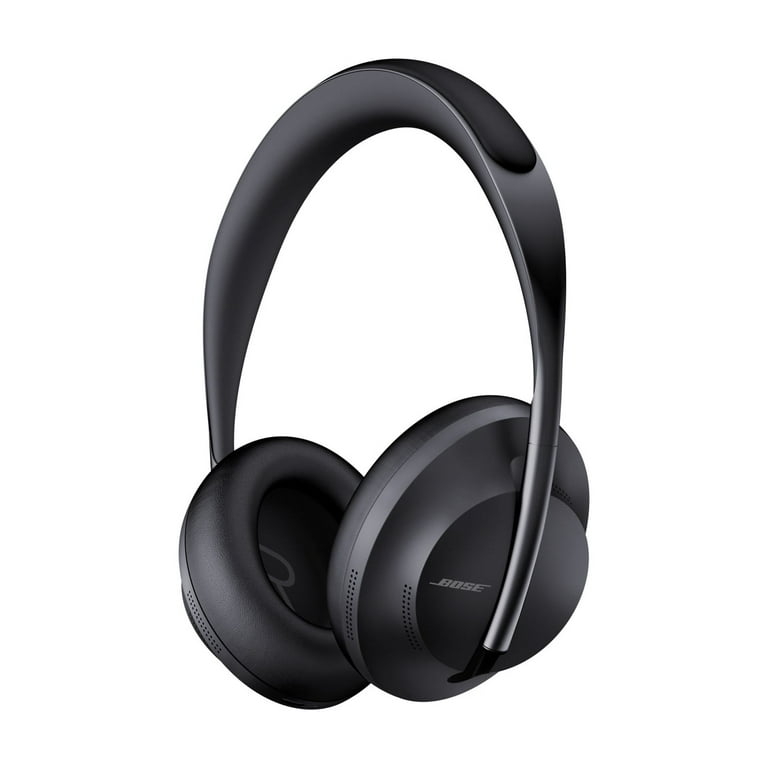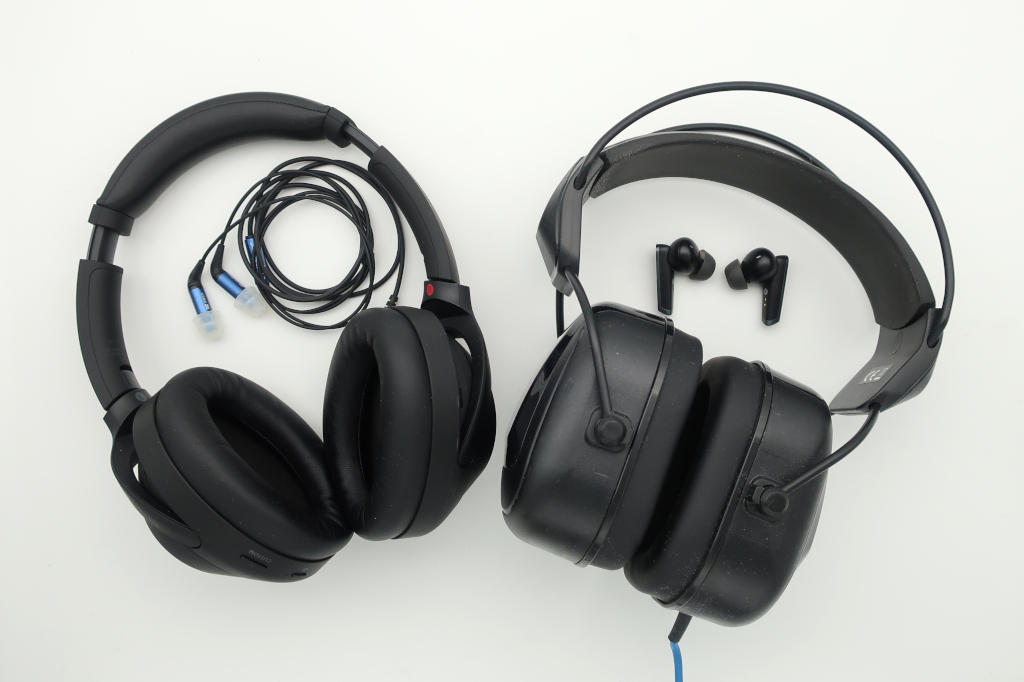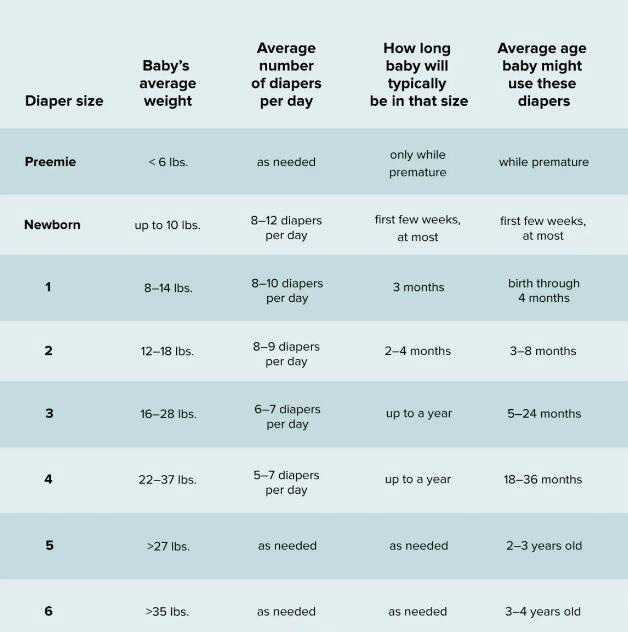Breaking the Silence: An In-depth Look at Noise-isolating Headphones
Introduction
The advancement of technology has significantly transformed the audio industry, and noise-isolating headphones are a fantastic example of this shift. Created to enhance the sound experience, these headphones have intrigued many. In this article, we will not only explain what noise-isolating headphones are and how they work but also differentiate them from noise-cancelling ones. Additionally, we’ll provide a comprehensive overview of their pros and cons and share an exclusive guide on choosing the perfect pair for you.
What Are Noise-Isolating Headphones?
Noise-isolating headphones, often regarded as a hallmark of passive noise cancellation technology, have emerged as a popular choice among audiophiles and casual listeners alike. These ingenious devices are engineered to block out ambient noise, thereby enhancing the overall listening experience.
• Definition – These are specialised headphones aimed to seal your ear from outside noise, distinguishing them from standard headphones.
• Working Principle – They operate by creating a physical barrier or seal between your ear and the headphone. This unique design obstructs external noise, allowing you to immerse yourself in the world of audio.
• Popularity – Noise-isolating headphones have gained extensive recognition for their ability to offer optimal sound experience, making them a preferred choice for many listeners around the world.

• Utility – They are particularly useful in blocking out noise in a cacophonous environment, ensuring that your audio experience remains uncompromised.
In essence, noise-isolating headphones play a vital role in maintaining the purity and integrity of the audio output, free from the disturbances and diversions of external noise. Naturally, they have evolved as an indispensable accessory for those music lovers who wish to listen to their favourite tracks without any interruption. Plus, the fact that no batteries are required unlike, noise-cancelling headphones, adds to the convenience and user-friendliness of these devices.
How Do Noise-Isolating Headphones Work? A Brief on the Science Behind Noise Isolation
Unraveling the way noise-isolating headphones function is fascinating. These headphones employ a technique often referred to as passive noise control or soundproofing. This method is simple in its execution but not any less effective. To break it down, here's the pathway of how they filter out the unnecessary acoustic disruptions:
• Step 1: The conception of a physical barrier is the first step in their functioning. This barrier is implemented instead of any extravagant electronic mechanisms.
• Step 2: To create this barrier, the headphones use tightly fitted ear cups or specialized ear tips. When worn, it forms a seal between the headphones and your ear.

• Step 3: Commonly used materials for establishing this seal are foam, silicone, or rubber flanges. They efficiently cut you off from any disruptive exterior noises.
• Step 4: The end result is that these physical barriers restrict the entry of external sounds, effectively enabling you to experience the audio without any dilutions or distractions.
In summary, noise-isolating headphones utilize an impressive blend of design and material selection to create an isolated listening space. Basking in your favorite melodies while blocking out unwanted ambient sounds has never been easier.
Noise-Isolating vs Noise-Cancelling: What's the Difference and Which One's for Me?
Noise-isolating and noise-cancelling headphones have distinct features that cater to different user needs. Understanding their differences can help you decide which one aligns best with your preferences.
What Distinguishes the Two?
1. Noise-Isolating Headphones: These use physical barriers (tight seals) to block outside noise from reaching your ears.
2. Noise-Cancelling Headphones: This type utilizes advanced technology to electronically counteract (or "cancel out") external noise.
Power Requirement
- Noise-Isolating Headphones: These do not require batteries to function, thus providing the convenience of use anytime and anywhere without a need for charging.
- Noise-Cancelling Headphones: These run on batteries (internal or external) to power their noise-cancellation feature. Hence, they need regular charging or battery replacement.
Sound Isolation Capabilities
- Noise-Isolating Headphones: While they can reduce a great deal of noise, they might not be able to fully exclude low-frequency noises.
- Noise-Cancelling Headphones: These can work exceptionally well in drowning out low-frequency noises, like the hum of an airplane engine.
Which One to Pick?
Consider your regular listening environment when making a choice. If you're frequently in high-noise places (like busy streets or flights), the noise-cancelling headphones would be best. For quieter environments or for users unbothered by the need to charge, noise-isolating headphones are a fine choice.
Remember, these are general tips, and specific brands or models may offer unique features. Therefore, always check product specifications before deciding.
The Pros and Cons: Is It Worth Investing in Noise-Isolating Headphones?
Before deciding whether to invest in noise-isolating headphones, it's essential to weigh the advantageous features against the potential drawbacks. This helps to ensure the headphones meet your specific needs and expectations.
Advantages of Noise-Isolating Headphones:
- Clearer Audio Experience: They significantly reduce ambient noise, providing an immersive listening experience without distractions.
- No Battery Required: Unlike noise-cancelling headphones, noise-isolating headphones don't require batteries, meaning no unexpected power outages.
- Protection for Ears: By eliminating the need to increase volume due to noise, these headphones help protect listeners from potential hearing damage.
- Financially Friendly: Typically, noise-isolating headphones are cheaper than noise-cancelling alternatives, making them a cost-effective choice.
Potential Drawbacks of Noise-Isolating Headphones:
- Partial Noise Isolation: Although they block out significant noise, they may not be fully effective against low-frequency sounds.
- Comfort Concerns: The tight seal necessary for noise isolation may cause discomfort during prolonged wear.
- Safety Implications: There's a risk of being unaware of significant environmental sounds, especially in outdoor settings.
Through this assessment, it's evident that noise-isolating headphones have their unique advantages and disadvantages. Your decision should reflect a careful consideration of these factors, ensuring that the chosen device meets your comfort and audio needs efficiently.
Dive into the Market: How to Choose the Perfect Noise-Isolating Headphones?
Choosing the perfect pair of noise-isolating headphones can seem daunting, but by understanding what to look for, the process becomes much simpler. Below are some key factors to consider:
1. Identify Needs: What do you need your headphones for? Frequent travel, everyday commuting, or just home use? Your needs and environment will significantly influence your headphone choice.
2. Type: Would you prefer earbuds or over-ear styles? Noise-isolating headphones are available in both forms, each catering to different comfort and portability levels.
3. Comfort and Fit: Given that these headphones work through a secure fit, comfort is crucial. Consider how long you'll be wearing them – lightweight and snug options are exceptional for extended use.
4. Sound Quality: While any noise-isolating headphone will provide a degree of sound intensification, always prioritize good sound quality.
5. Build and Durability: Opt for headphones with solid construction as they'll need to withstand regular use and potential travel.
6. Price Range: Noise-isolating headphones are generally less expensive than their noise-canceling counterparts. However, additional features and premium brands can increase the price.
Bonus: Pay attention to unique features like in-line controls, built-in microphones, or customization options. Always check reviews and ratings to get insights from other users before deciding.
By considering these factors, you'll find a pair that not only fits your budget but also enhances your listening experience.
Conclusion
Noise-isolating headphones are a cost-effective solution for those seeking to enhance their audio experiences without unnecessary distractions. While they may not completely eliminate background noise, they offer a substantial degree of isolation and clearer sound quality. However, the ultimate decision depends entirely on personal preference, comfort, and particular needs.
Related FAQs about what are noise isolating headphones
Can noise-isolating headphones completely block out surrounding noise?
While noise-isolating headphones significantly reduce ambient noise, they may not completely block all sounds, particularly low-frequency noises. The effectiveness depends on the fit and quality of the headphones.
Are noise-isolating headphones safe for regular use?
Yes, noise-isolating headphones are safe for regular use. By reducing the need to increase volume due to surrounding noise, these headphones can protect your ears from potential damage. However, being unaware of environmental sounds could pose a safety risk, especially outdoors.
Do noise-isolating headphones provide a better audio experience than standard headphones?
Noise-isolating headphones can enhance your listening experience by minimizing ambient noise. This allows you to focus on the audio without distractions, which is typically a substantial improvement over standard headphones.


